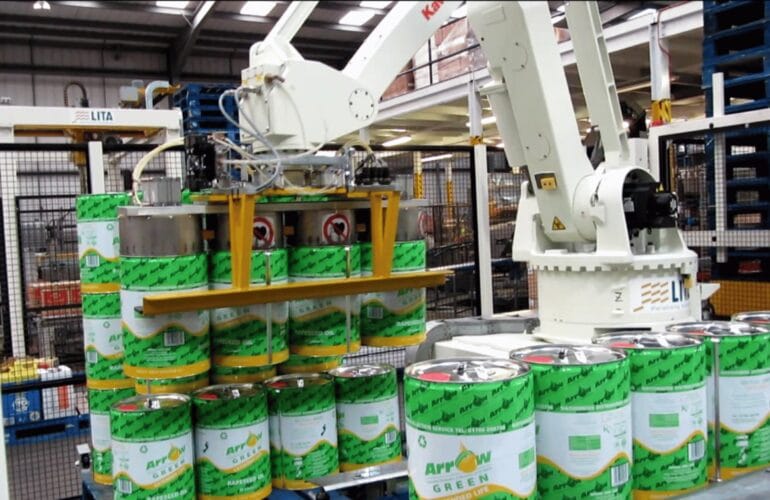On July 4 2024, the Labour Party won a decisive victory in the UK general election, ushering in a new era of government and a host of ambitious proposals covering issues from environmental sustainability to innovation and investment. But what does this mean for the packaging industry?
In this blog, we’ll look at some of the party’s policies and explore their potential impact on the sector.
The Labour Party’s priorities
The Labour Party’s manifesto focused on growth and change, with delivering economic stability the first step. But whilst kickstarting the economy is a clear priority, Labour has also committed to addressing long-standing environmental issues by introducing regulatory measures and new initiatives. Together, these aim to encourage the adoption of greener practices and materials and support the transition to a low-carbon economy.
For businesses looking to invest in new technologies and infrastructure, Labour’s focus on economic stability and growth is likely to be a positive. Already the new government has pledged to retain a permanent full expensing system for capital investments, allowing companies to deduct the entire cost of capital expenses and encouraging reinvestment and modernisation. And they’ve promised greater clarity on what qualifies for allowances to improve business investment decisions.
Labour’s environmental commitments
To create a more sustainable manufacturing sector and help the country meet its environmental targets, Labour has proposed a number of changes that could impact the packaging industry:
- Packaging regulations
Stringent regulations would aim to reduce plastic waste and encourage the use of recyclable and biodegradable materials. This would include Extended Producer Responsibility (EPR) schemes to make manufacturers responsible for the cost of recycling and disposing of packaging waste and encourage companies to design packaging that’s easier to recycle and reuse.
VFFS sack-filling machines create each bag or sack to precise measurements as required, reducing unnecessary waste.
- Ban on single-use plastics
A ban on single-use plastic items would be similar to the EU directives in place, giving manufacturers little choice but to rapidly transition to biodegradable, compostable or reusable materials, or face financial penalties.
- Recycling and waste management improvements
By investing in recycling facilities and technologies, Labour wants to improve the country’s capacity to process recyclable materials effectively and support the circular economy. For manufacturers, ensuring there is a robust infrastructure in place to handle recyclable packaging makes its adoption more appealing.
- Carbon reduction targets
Stricter carbon reduction targets would require manufacturers to adopt more energy-efficient processes and reduce emissions. This might mean using renewable energy sources, investing in carbon capture or storage facilities, or upgrading to more energy-efficient machinery such as Europack’s Kinetic Energy Recovery System (KERS).This cutting-edge technology features on the Winner Green range of palletisers and transforms energy that would usually be wasted or dissipated as heat into reusable power. Using regenerative braking technology (similar to that used on hybrid cars), it reduces overall energy consumption by up to 70%, compared to conventional robots.
The long-term advantage
Whilst these policies might incur initial costs and require adjustments, there are likely to be benefits in the long term, with opportunities for innovation and for businesses to get ahead of the curve. Whichever party is in government, sustainability and environmental pressures are here to stay, meaning those that invest in more environmentally friendly packaging solutions now are more likely to reap the advantages in the future.
To find out more about our packaging solutions, contact us.




